Viva Pope Leo XIV!

Habemus papam. We have a pope.
A new spiritual leader has risen to shepherd the world’s 1.4 billion Catholics, chosen from among the 133 cardinal-electors who gathered beneath the Sistine Chapel’s frescoed ceiling to discern and decide the future of the Roman Catholic Church.
Cardinal Robert Francis Prevost, a native of Chicago in the United States and a long-time missionary in Peru, is now Pope Leo XIV, the 267th successor of St. Peter. Elected on the second day of the conclave, the 69-year-old Augustinian friar is the first American pope, succeeding the first pontiff from Latin America, Pope Francis of Argentina, who died on April 21.
Yet it would be a disservice to describe Pope Leo XIV as just a political pick following centuries of European dominance in the papacy. He is, by all accounts, a servant-leader known for his humility, closeness to the poor, and commitment to social justice.
He earned the nickname “Saint of the North” in Peru, where he waded through floodwaters and helped purchase oxygen plants during the COVID-19 crisis. As bishop of Chiclayo and later head of the Vatican’s powerful office that vets bishops, he quietly shaped the Church’s global leadership. When he stepped onto the balcony of St. Peter’s Basilica and offered, “Peace be with you all,” in Italian and Spanish–avoiding English entirely–it appeared to be a sign that his heart, like Francis’, belongs not only to his native country but to those in the peripheries.
Most talked-about papabili
For Filipinos, the conclave brought more than the usual anticipation. There was, undeniably, a collective breath held across the islands, for within the sacred halls of the Vatican, Cardinal Luis Antonio Tagle, affectionately known as “Chito,” stood among the most talked-about papabili.
Many had hoped that his peers would recognize not just his qualifications, but also what his election could mean symbolically: the first pope from Asia in modern memory, and the first ever from the Philippines.
Alas, that dream will have to wait.
For now, at least, the crushing pressure of expectation has been lifted off the weary shoulders of Tagle and the Philippine Catholic Church, allowing them to train their energies on the persisting challenges that confront the faithful. The Church in the Philippines must continue to stand not on the strength of one man’s potential papacy, but on the communal witness of its people and pastors.
Aligned with Francis’ mission
As a cardinal, Tagle remains a powerful figure in the Vatican, with five years of experience running the Dicastery for Evangelization and the rare distinction of having worked closely with the new pope on key reforms. Both men were aligned with Francis’ mission of compassion and inclusion.
Tagle, along with Cardinals Jose Advincula of Manila and Pablo Virgilio David of Kalookan, represented a strong Filipino presence at the conclave. Their participation, a first for both David and Advincula, was a breakthrough that signaled how the Philippines would help shape the Church’s global direction in years and decades to come.
Pope Leo XIV is not a stranger to Filipinos. In 2004, the then Prior General of the Order of Saint Augustine visited Talisay City in Cebu to bless a friary. In 2010, he returned to the Philippines to celebrate Mass at San Agustín Church in Manila as part of his duties.
In the spirit of Pope Francis, Pope Leo XIV has voiced a desire for a missionary Church, “open to receive everybody that needs our charity, our presence, dialogue and love.” No doubt Filipinos will find in him a pope who inspires through authenticity and a deep moral compass.
Voice of the faithful
Prevost’s election also rekindles the hope that the Church might continue, even expand, the reforms begun under Francis: a more open conversation on women’s roles, inclusivity for LGBTQ+ Catholics, and genuine accountability in the face of clerical abuse.
Still, his past is not without controversy. Survivors Network of those Abused by Priests, a US advocacy group for abuse victims, has raised concerns about his prior handling of abuse cases in Chicago and Peru. The question they ask, one that the entire Church must echo, is this: Will he act decisively to end the abuse crisis?
The Catholic Church faces deep wounds and painful reckonings. It is no longer enough for the pope to preach love; he must also lead with justice and bravery.
The dream of a Filipino pope may not be realized today, but Tagle remains one of the most influential Catholic leaders of our time. In him and his brother cardinals, the seeds of that dream keep growing, and the hope they ignited in Filipinos’ hearts is undimmed.
Now we extend our prayers and goodwill to Pope Leo XIV as he takes up the cross of Peter.
May he, too, be a shepherd who walks with his flock. May he build bridges in our divided world. May he confront the sins within the Church and lead with honor and fearlessness.
And may he be the pope who listens to the sensus fidelium–the voice of the faithful–wherever they may be.





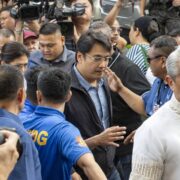
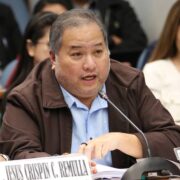
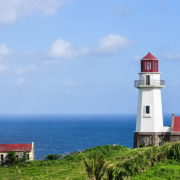
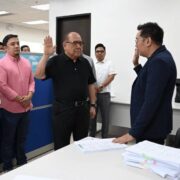
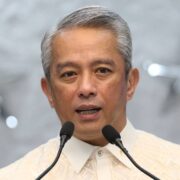
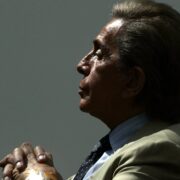
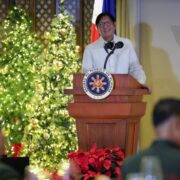

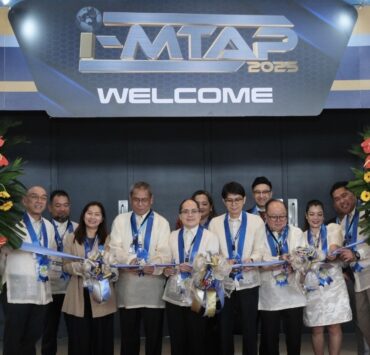
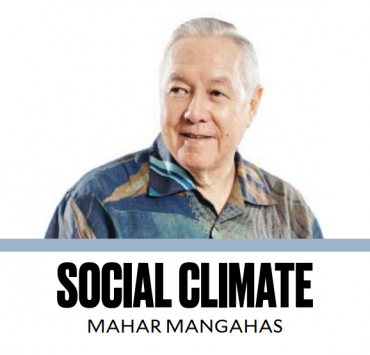






It’s been a long road, millennials